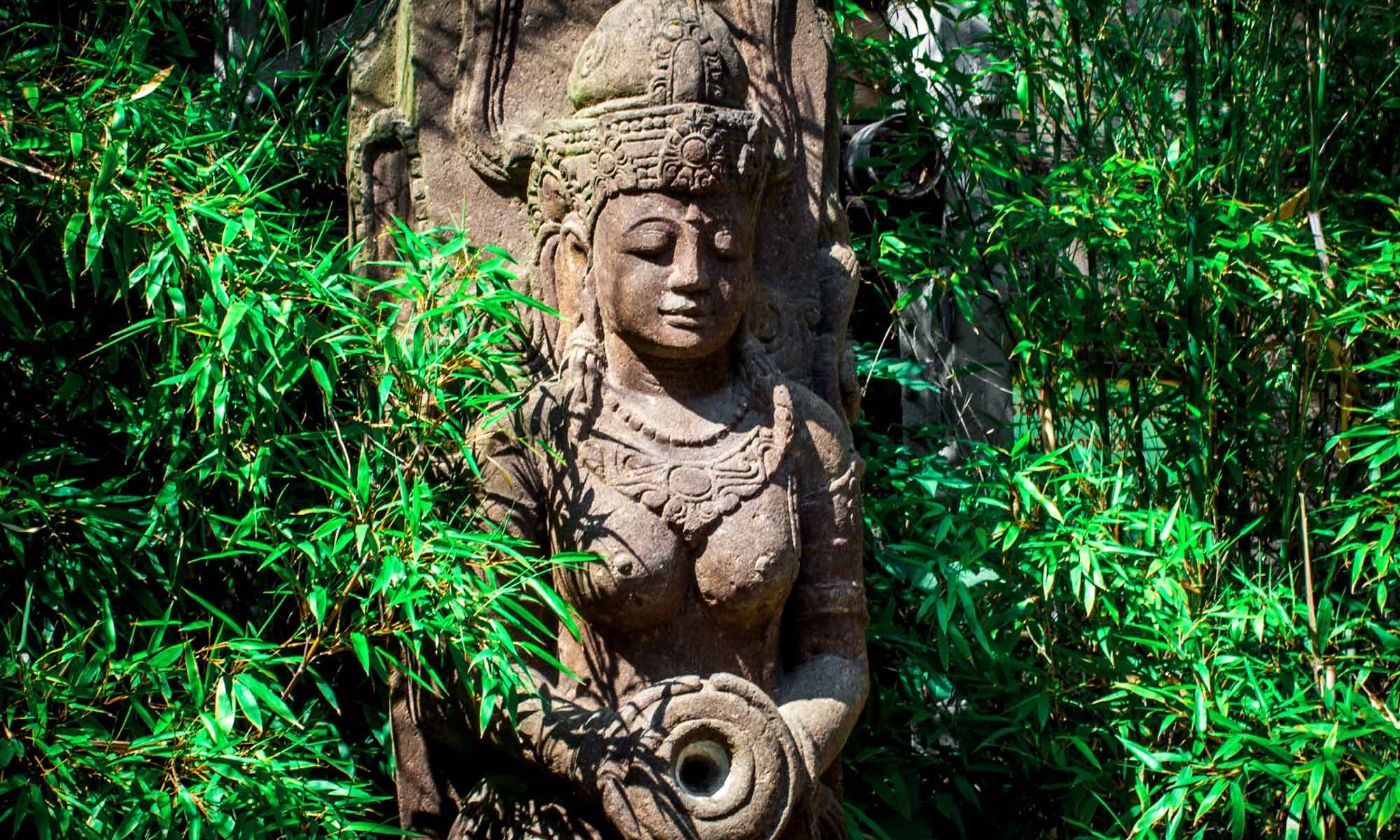Call for Papers, 2015 Symposium “Tales and Totems”
ASWM Symposium Portland, OR
April 11th 2015
Call for Proposals
“Tales and Totems: Lineage and Myth in Goddess Scholarship”
The work of Goddess Scholarship is intrinsically bound within a framework where we actively seek out, document, and honor the stories and concerns that animated the lives of our foremothers. We do this so that these stories will contribute meaningfully in the context of modern life. The research methodologies have focused on representing our historical, thealogical, philosophical, mythological, symbolic, cultural, linguistic and aesthetic lineages.
In keeping with this emphasis of our methodology and our discipline, and embracing the sacred Nature of this year’s conference location in the Pacific Northwest rich with the tales and totems of the First Nations, we invite papers and panels including, but not limited to the following topics:
· Tales and totems of the Pacific Northwest
· Ancestry, foremothers and methodology
· Prehistory, history and changing experiences of the sacred and the profane
· Shakti, prakriti, and purusha from east to west
· Goddess myths, clans, and communities
· Cultural ecofeminism
· Myth and lineage of sacred places
· Animals as totems and symbols
· Creation stories of the First Nations, particularly the Pacific North West
· Indigenous myths, aboriginal histories, and women’s communities
· First Nations, First Worlds, Third Worlds and the global environmental crises
· Totems and symbolic language
· Goddess lineage, rituals and community
· Mother earth, motherhood and matriarchy
· Altars in the home, nature and at work
Papers should be 20 minutes; panels with up to four papers on a related topic may be proposed together. Workshop proposals should be organized to provide audience interaction and must clearly address the theme. All sessions and workshops are limited to 90 minutes.
Presenters from all disciplines are welcome, as well as creative artists and practitioners who engage mythic themes in a scholarly manner in their work. Presenters must become members of ASWM.
Send 250-word abstract (for panels, 200 word abstract plus up to 150 words per paper) in PDF or MSWord to aswmsubmissions@gmail.com by November 15,2014. Use “2015 proposal” in subject header. Include bio of up to 70 words for each presenter, as well as contact information including surface address and email. See www.womenandmyth.org for program updates and registration.
2015 ASWM Symposium in Portland OR
“Tales and Totems: Lineage and Myth in Goddess Scholarship”
Following this theme that reflects the rich traditions of the Pacific Northwest, we will hold our 2015 Regional Symposium in Portland, OR on April 11, 2015. Please save the date to join us in Portland, and check this site for updated information about program and registration.
Here’s the Call for Proposals. We welcome papers and workshops from academic presenters, practitioners, and graduate students.
Call for Papers: “She is Everywhere” Anthology 4
This volume is to be gathered/edited by Viviane Dzyak, Ph.D., Shannon Marie Reich, M.A., and Lucia Chiavola Birnbaum, Ph.D.
The focus of volume 4 is The Dark Mother: Embodied Spirit, Political Hybridity and Radical Transformation. We are seeking scholarly papers, creative nonfiction essays/memoir pieces, short fiction, prayers, poetry and artwork.
Deadline for submissions is Oct. 1, 2014
Written Submissions:
- Prose (scholarly, creative nonfiction and fiction) submissions are limited to 5000 words exclusive of endnotes and bibliography.
- Poetry submissions are limited to three poems.
- All submissions should be single-spaced, 12 point Times New Roman font with 1-inch margins.
- Artwork Submissions: please submit artwork in JPG format.
For inquiries and complete submission guidelines contact Shannon Reich at SheIsEverywhereVol4@gmail.com. Include She Is Everywhere in the email subject line.
A Special Celebration with Jean Shinoda Bolen
This year is the 30th anniversary of the groundbreaking book, Goddesses in Everywoman: Powerful Archetypes in Women’s Lives. The book introduced modern women to the importance of archetypes, examining Greek goddesses as personifications of deep patterns that have a powerful effect on shaping personality, behavior, and meaning. How we understand goddess archetypes can have a profound effect on our ability to live meaningful lives and nurture a sense of sacredness.
About Goddesses in Everywoman, Gloria Steinem says,“The highest value of this book lies in the moments of recognition it provides: that insightful second when we understand and internalize, when we recognize what we ourselves have experienced, feel trust because of that truth, and then are taken one step further.”
Jean Shinoda Bolen will lead a special conference session in celebration of Goddesses in Everywoman and its contribution to empowering women. This session is your chance to sit in circles and to discuss the role of goddess archetypes in your life with Dr. Bolen, a pre-eminent scholar and psychologist. Don’t miss this unique opportunity to meet and talk with her about the borderlands between myth and women’s development. Session on Friday March 28 at the ASWM Conference in San Antonio—there’s still time to register!





You must be logged in to post a comment.